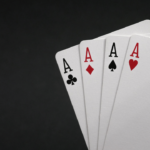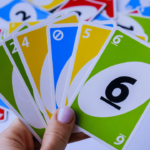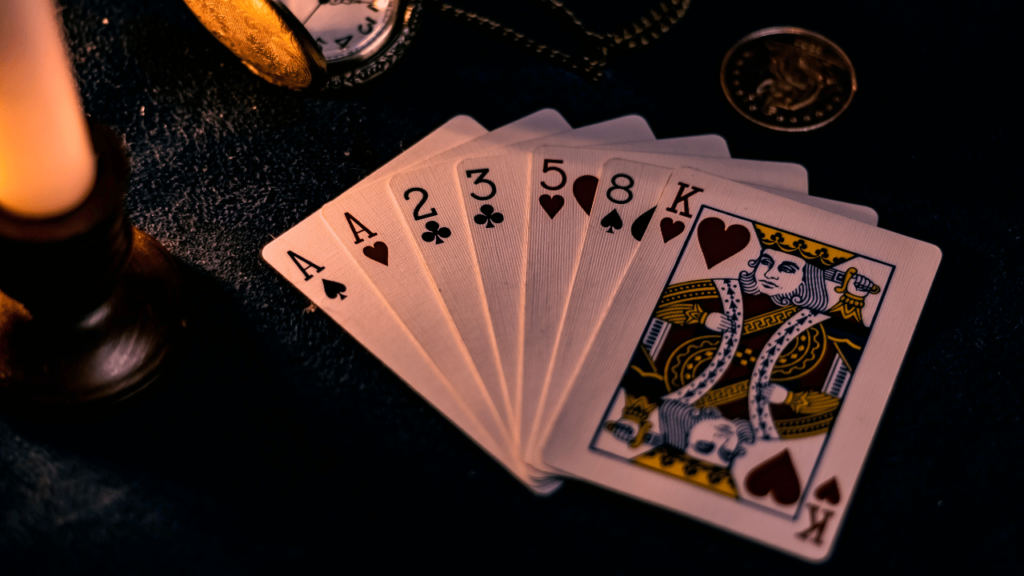In the high-stakes world of Omaha poker, every decision counts. One misstep, one misunderstood rule, and your carefully crafted strategy can collapse like a house of cards. That’s where understanding “muk” comes into play.
Muk isn’t just a throwaway term. It can determine whether you win big or leave the table empty-handed. In Omaha, where each player gets four hole cards instead of two, the complexity of hand-reading intensifies. A single overlooked rule—like when and how a hand is declared dead—can cost you a pot you rightfully deserve.
Here’s the kicker: countless players, even experienced ones, have lost hands they thought were winners simply because they didn’t know the exact rules surrounding mucking. The game moves fast. Dealers have to make split-second decisions. If you’re not clear on how muk works, you might find your hand in the muck pile before you even realize what happened. And once it’s there, it’s gone. No take-backs. No second chances.
So let’s break it down. What exactly is muk in Omaha poker? When does a hand get mucked, and what can you do to avoid costly mistakes? Let’s dive in and make sure you’re never caught off guard at the table.
Understanding Muk in Omaha Poker
What Does Muk Mean in Poker?
Muk refers to discarding or forfeiting a hand. Once a hand is mucked, it is considered dead and cannot be retrieved or contested. This often happens when a player folds, but it can also occur due to dealer actions or misinterpretation of the rules.
How Muk Works in Omaha
Omaha is unique because players receive four hole cards instead of two, which makes it easy to misread a hand. Unlike Texas Hold’em, where hand combinations are more straightforward, Omaha requires players to use exactly two of their hole cards and three community cards. Mucking occurs when:
- A player folds their hand voluntarily.
- A hand is declared dead due to rule infractions.
- The dealer mistakenly mucks a player’s hand.
Common Situations Leading to Mucking
- Misreading Your Hand: Players often forget they must use two hole cards, leading to mistaken hand evaluations.
- Dealer Error: In high-paced games, dealers may accidentally collect a hand before the player reveals it.
- Verbal Folding: If a player verbally announces they fold, even if their cards remain on the table, the hand is mucked.
- Failure to Act: In tournaments, failure to act within the allotted time can result in an automatic muck.
Strategies to Avoid Mucking Your Winning Hand

1. Always Protect Your Cards
The simplest way to prevent an accidental muck is to keep your hands physically on or near your cards. Many players use a card protector to signal they are still in the hand.
2. Double-Check Your Hand Before Folding
Misreading your hand is a common pitfall. Before you discard, take a second look at your hole cards and the board to ensure you’re not mistakenly folding a strong hand.
3. Be Clear in Your Actions
Avoid vague gestures that might be misinterpreted as folding. If you’re calling or raising, make sure your verbal declaration is loud and clear.
4. Watch the Dealer Closely
Dealers are human and can make mistakes. If your hand is prematurely mucked, alert the floor manager immediately.
5. Know the House Rules
Poker rooms and online platforms have varying rules about when a hand is officially considered mucked. Familiarize yourself with these rules before playing.
Muk in Online Omaha Poker
Online poker has automated processes, but muk issues still arise. Misclicks, connection problems, and software glitches can result in accidental folds. To avoid this:
- Use the “Are you sure?” option before folding.
- Maintain a stable internet connection.
- Review hand histories to verify any disputed outcomes.
The Impact of Muk on Poker Strategy
Psychological Warfare
Mukging a strong hand by mistake can impact your confidence and overall game. Learning to handle these situations with a calm mindset is crucial.
Opponent Exploitation
Savvy players observe how often opponents mistakenly muck their hands. If you notice a player prone to misreading their cards, use that information to your advantage.
Tournament Implications
In tournament play, every chip counts. Losing a hand to an accidental muck can be devastating, making discipline and awareness key skills for long-term success.
Conclusion
Muk in Omaha poker is more than just a minor rule—it’s a game-changing element that can affect your bankroll, strategy, and tournament longevity. By understanding how mucking works and implementing strategies to avoid costly errors, you can protect your hands and maximize your chances of success. Stay vigilant, play smart, and make sure your cards never end up in the muck when they shouldn’t!












